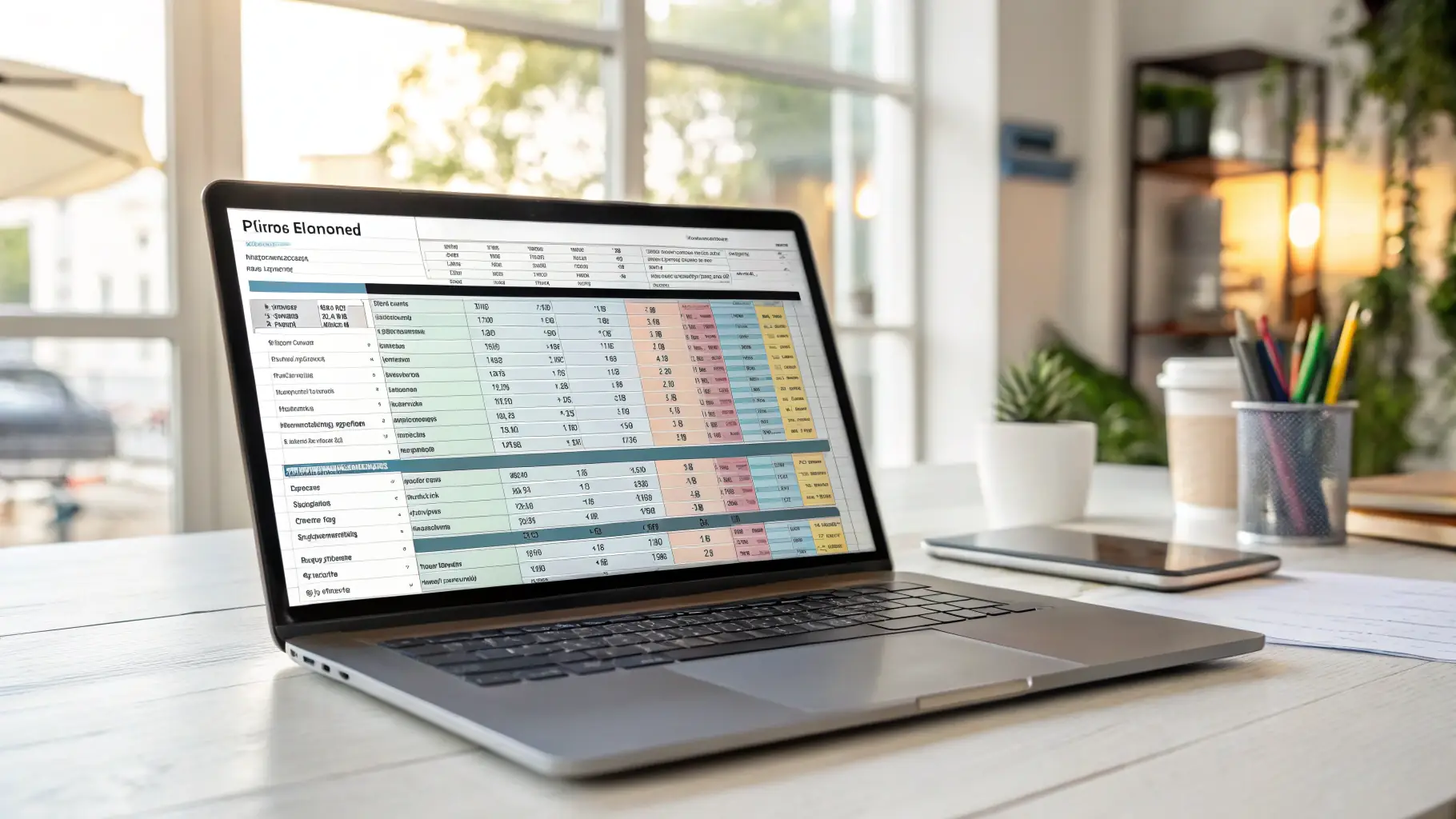Budgeting is a fundamental aspect of financial management for any small business. It allows you to track income and expenses, identify areas for improvement, and make informed decisions about resource allocation. A well-structured budget provides a clear roadmap for financial stability and growth. Understanding your financial position is the first step towards achieving your business goals. Creating a comprehensive budget involves analyzing your income sources, identifying fixed and variable expenses, and forecasting future financial needs. This process requires careful consideration of all aspects of your business operations. Accurate data collection and analysis are essential for creating a realistic and effective budget. Regular review and adjustments are crucial to ensure the budget remains aligned with your business’s evolving needs. Implementing a budget effectively requires consistent monitoring and evaluation. Regularly comparing actual results to the budgeted figures allows you to identify any variances and take corrective actions promptly. This proactive approach helps you maintain control over your finances and make necessary adjustments to stay on track. By consistently reviewing and adapting your budget, you can ensure its continued relevance and effectiveness in supporting your business’s financial goals.
Financial Planning Tools for Small Business Owners
Utilizing the right financial planning tools can significantly streamline your business operations and improve decision-making.


